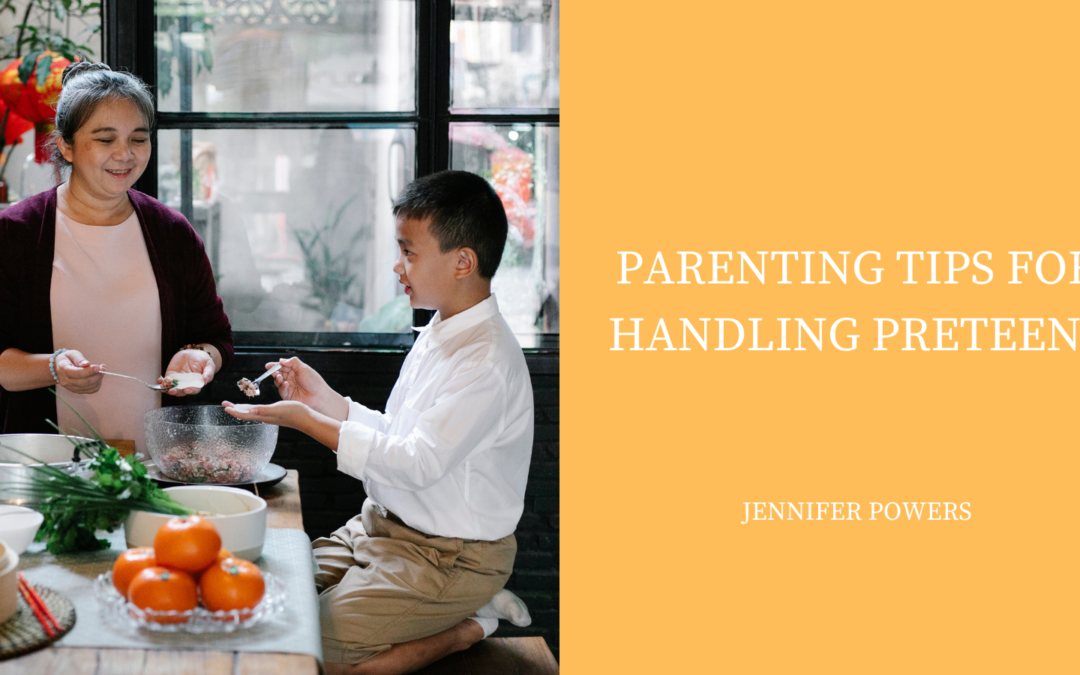Getting through the transition from adolescence to adulthood can be a challenging process for parents of young children. As their hormones start to rise, they often feel like they are being pushed too much, and they are also more prone to mood swings. As kids enter the world of their own, they need to feel like they have a safe place to go. They need to feel like they can trust themselves and their family.
One of the most important factors that parents can do to help their kids through this transition is to maintain a strong bond with them. Although it’s important to encourage age-appropriate freedom, it’s also important to maintain a positive relationship with them. Here are some tips to help you navigate the new challenges of parenting at this stage.
-
Allow Space for Independence
It’s important for kids to start turning away from relying on their parents and finding support in their friends, but parents can also take this behavior as rejection. It’s important to avoid trying to force information on your kids, as this is when they start to have secrets. Parents who are too eager to know everything can get in the way of their kids’ development. It might be tough to see them start confiding in their friends and spending less time at home, but don’t take it personally!
-
Spend Intentional Time Together
Having dinner with your kids every night is helpful to maintain a positive relationship. Studies suggest it can help kids feel less anxious and more likely to avoid substance abuse. Most parents find that 15 minutes at bedtime is the most intimate time they spend with their kids. However, car rides are also a great time to connect.
One of the most effective ways to maintain a positive relationship with your kids is to schedule regular longer-time alone time with each parent. This can be done through monthly walks with mom or a monthly brunch with dad. Whatever it might look like for your family, setting aside this intentional time adds some stability and predictability to what can be a turbulent stage of your child’s life, and helps remind them that you are there for them.
-
Don’t Be Pushy
When kids were younger, parents could ask direct questions about their school and activities. However, now, this approach is no longer effective, as it can make them feel like they are being asked intrusive questions.
Sometimes, in this stage, the best way to approach parenting is to be a mostly listener. Instead of trying to solve their problems, try to be a facilitator, allowing kids to talk about what they’re thinking and feeling. This approach can help kids develop a sense of belonging and allow them to explore their own thoughts. Sometimes, you’ll be able to help, but don’t try to solve all their problems unless they ask.
-
Be a Steady Presence
Parents who overreact to problems can make their kids more irritable and rebellious, or more withdrawn. For example, if a child is crying after not being invited to a party, the parent who is hyper-sensitive can make the situation worse by calling the mother and potentially embarrassing the child.
On the other extreme, avoid being a parent who just ignores everything that’s going on in your kids’ lives. This can make them feel like they’re being ignored. A parent who is not aware of what’s going on in their child’s life can make kids feel like they’re being neglected.
Try to find a balance and be a steady, reliable presence in their lives so they feel comfortable being vulnerable with you.
